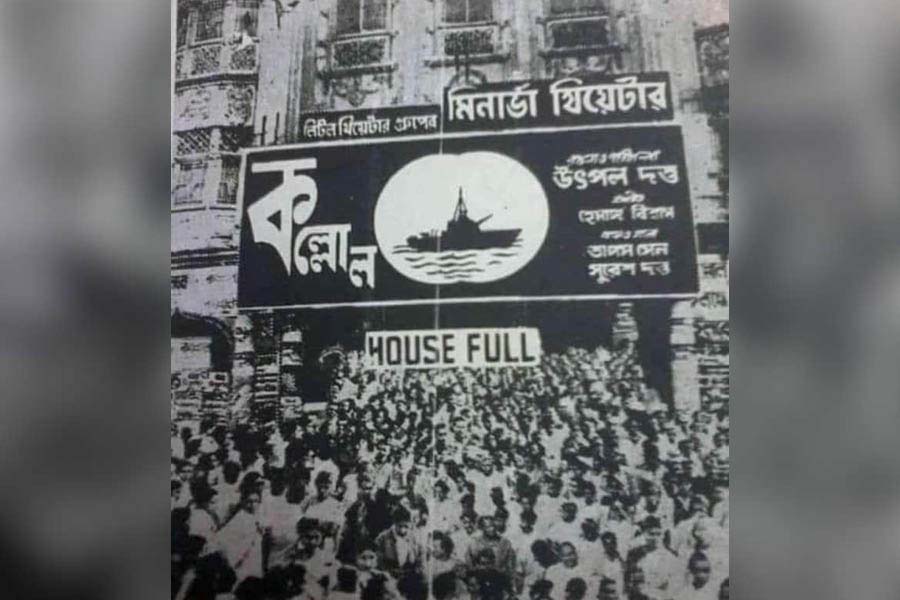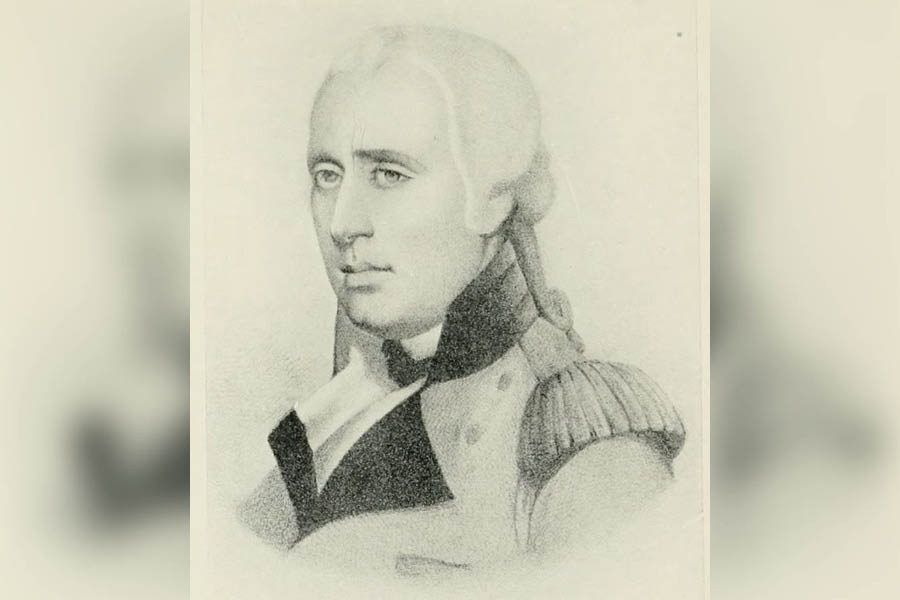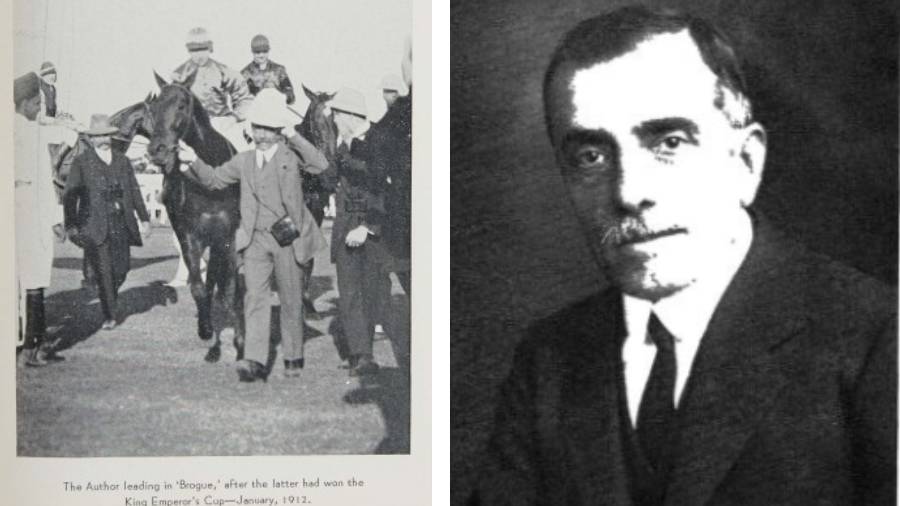If you grew up in the 1980s Calcutta like me, you would be quite familiar with the slogan – “Cholchhe Cholbe” (It is running, it will run – rough translation). No rally by the Left parties was complete without these two words, pronounced energetically by large masses of crowd. But to know about the genesis of this slogan that reverberated through Bengal for decades, we need to turn the clock back to March 29, 1965.
On that day, a play directed by Utpal Dutt, titled Kallol (sound of waves) first enacted at Minerva theatre in north Calcutta. And all hell broke loose. Kallol was based on a forgotten chapter of India’s battle for Independence – the Royal Indian Navy (RIN) Mutiny of 1946. For a week in February that year, RIN ratings (sailors) revolted against their British masters. The revolt started on February 18 and eventually came to involve more than 10,000 sailors across 56 ships and establishments and among civilians in Bombay and Karachi – the two major centres of protests.
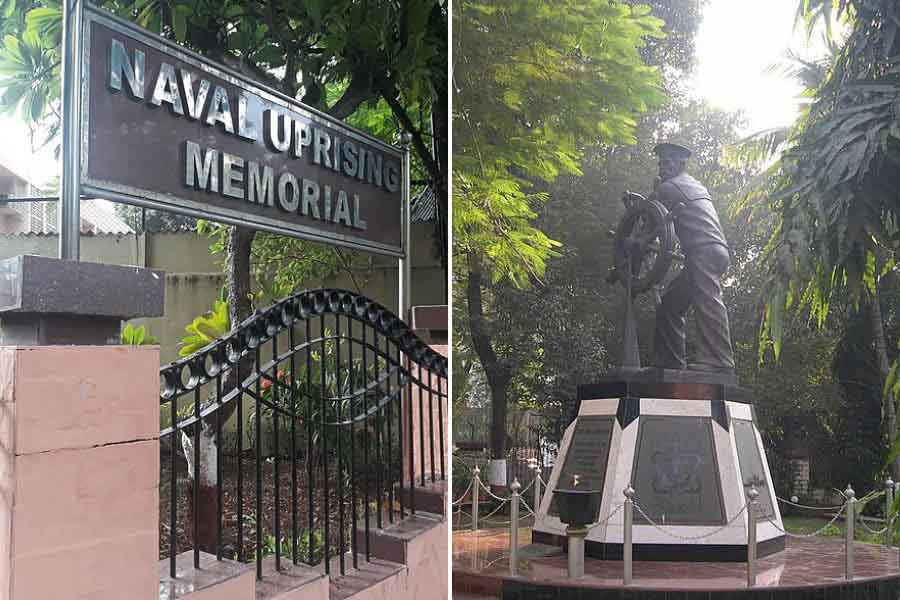
Indian Navy Memorial in Colaba, Mumbai, and (right) the Naval uprising statue there
The RIN mutiny received almost no support from the two major political parties of the day – the National Congress and the Muslim League. Only few of the socialist leaning Congress leaders pledged their support to the revolt with Aruna Asaf Ali being particularly prominent. The only political entity which supported the sailors to the hilt was the Communist Party of India. Eventually, the sailors agreed to surrender after intervention by the Congress and Muslim League leadership on the assurance of no persecution. However, this promise was not kept by the administration and the mutinous sailors were jailed in inhumane conditions.
In 1967 during a seminar discussion marking the 20th anniversary of Independence; it was revealed by the British high commissioner of the time, John Freeman, that the mutiny of 1946 had raised the fear of another large–scale mutiny along the lines of the Indian Rebellion of 1857, from the 2.5 million Indian soldiers who had participated in the Second World War. It has led to some observers branding the RIN Mutiny as the Last War of Independence.
Post-1947, the RIN Mutiny became a taboo topic in both India and Pakistan. Official documentation of the history of the freedom movement in both countries largely omitted the momentous RIN Mutiny of 1946. The sailors were discharged from duty and most of them vanished into obscurity.
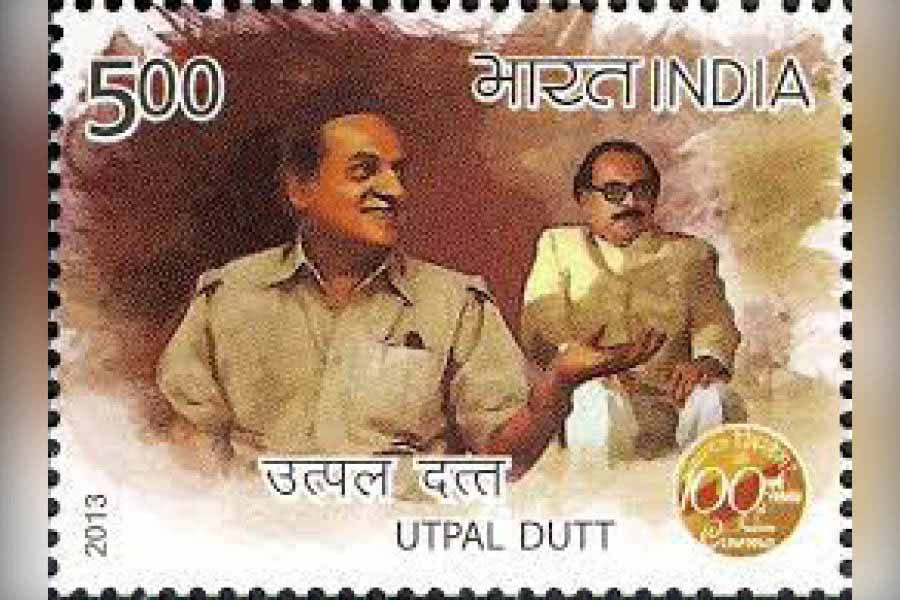
A special postage stamp commemorating 100 years
In India, it was the intrepid Communists who tried to keep the memory alive. Salil Chowdhury composed a song on behalf of the Indian People’s Theatre Association (IPTA) in 1946 championing the cause of the sailors. Another IPTA stalwart, Hemanga Biswas penned a commemorative tribute later.
In the early-1960s, Utpal Dutt – a staunch Communist in belief – started planning to make a play based on the RIN Mutiny of 1946. Dutt wanted his theatre to speak to the common man and woman of the country, to inspire them to bring about a socio-political revolution. A book on the naval revolt, Shahdat Ali’s Nou Bidroho (Naval Revolt) was the most detailed piece of work chronicling the events of the tumultuous February week of 1946. The British Indian administration had banned the book. Post-Independence also, the book remained banned. It was believed that one confiscated copy resided in the archives of Lalbazar Kolkata police headquarters.
In a thrilling turn of events, Dutt managed to smuggle out the book – most likely with the aid of a Left-leaning cop. He also met and interviewed some of the individuals who had taken part in the revolt. In the play, Dutt essayed the role of the main antagonist: Rear Admiral Sir Arthur Rullion Ratray, flag officer commanding – Bombay. A brilliantly satirical piece, Kallol, went all out in criticising the National Congress and Muslim League for their lack of support to the revolting sailors and later, persuading them to surrender but not holding up the promise of clemency. Kallol is widely recognised as among the finest creations of the brilliant mind that was Utpal Dutt.
The day Kallol opened, Beadon Street was overflowing with massive crowds. Every show at Minerva was running houseful. Kallol became the talk of the town. Alarm bells soon started ringing at the Writers’ Building. The ruling government of the time was uncomfortable with the content of Dutt’s explosive play but opted not to interfere directly. Soon, however, miscreants started creating trouble, throwing bombs and creating a ruckus in the area to deter crowds. Workers from Jessop factory and students of several colleges stepped up to form a guard corps, chasing away hooligans and ensuring audiences continued to enjoy the shows. Leading the Communist volunteer corps was a youth leader by the name of Subhash Chakraborty.
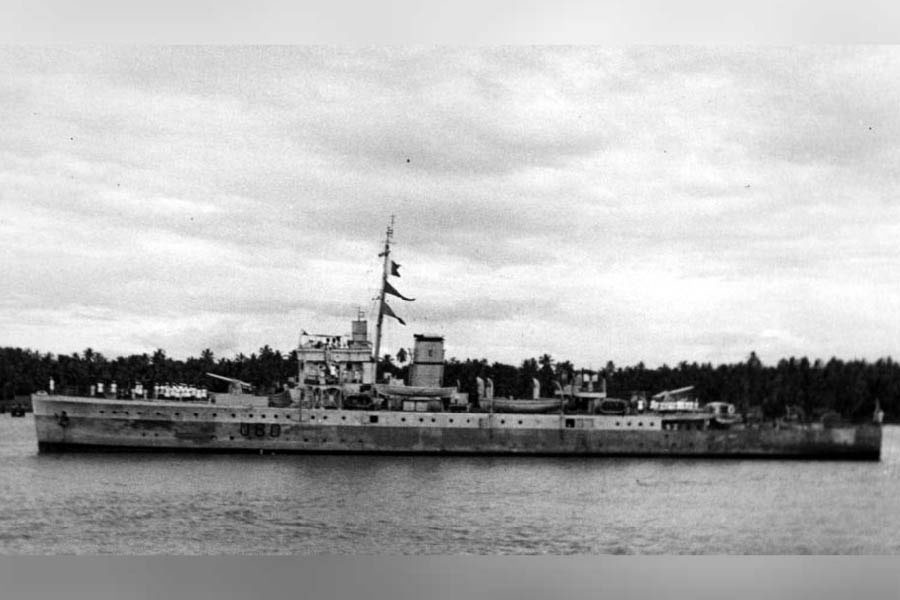
Royal Indian Navy’s ‘HMIS Hindustan’ at Karachi port
Next, pressure was brought on to newspapers and magazines to prevent them from publishing reviews or even advertisements of the play. The only exception proved to be The Statesman, which defied this unofficial diktat and reviewed Kallol in effusive words, calling it the ‘Mutiny of Beadon Street’. But the media blackout failed to dent the business of Kallol. Communist volunteers splashed posters all over the state, carrying the message – Cholchhe! Cholbe! (It is running, it will run!)
Thus, was born the slogan that in time would become as much an integral part of any Communist gathering as the ubiquitous red flag. And Kallol continued to run to full houses and boisterous response.
At midnight of September 23, 1965, Utpal Dutt was arrested. In his own words, “I was arrested on the day of ceasefire (Indo-Pak war) at my house and detained without trial in Presidency Jail...” *
Utpal Dutt was held in Presidency Jail for over six months – eventually being released in March, 1966. But Dutt’s detention also failed to derail Kallol. Many of the actors received threatening phone calls and letters asking them to quit the show. But Kallol’s waves continued to splash – the play ran for 850 nights straight. It was the triumph of an artist’s conviction against all odds.
* Waves of Protest against Neo-Imperialism: Kallol by Utpal Dutt – by Naren Mondal (https://tlhjournal.com/uploads/products/4.naren-mondal-article.pdf)
